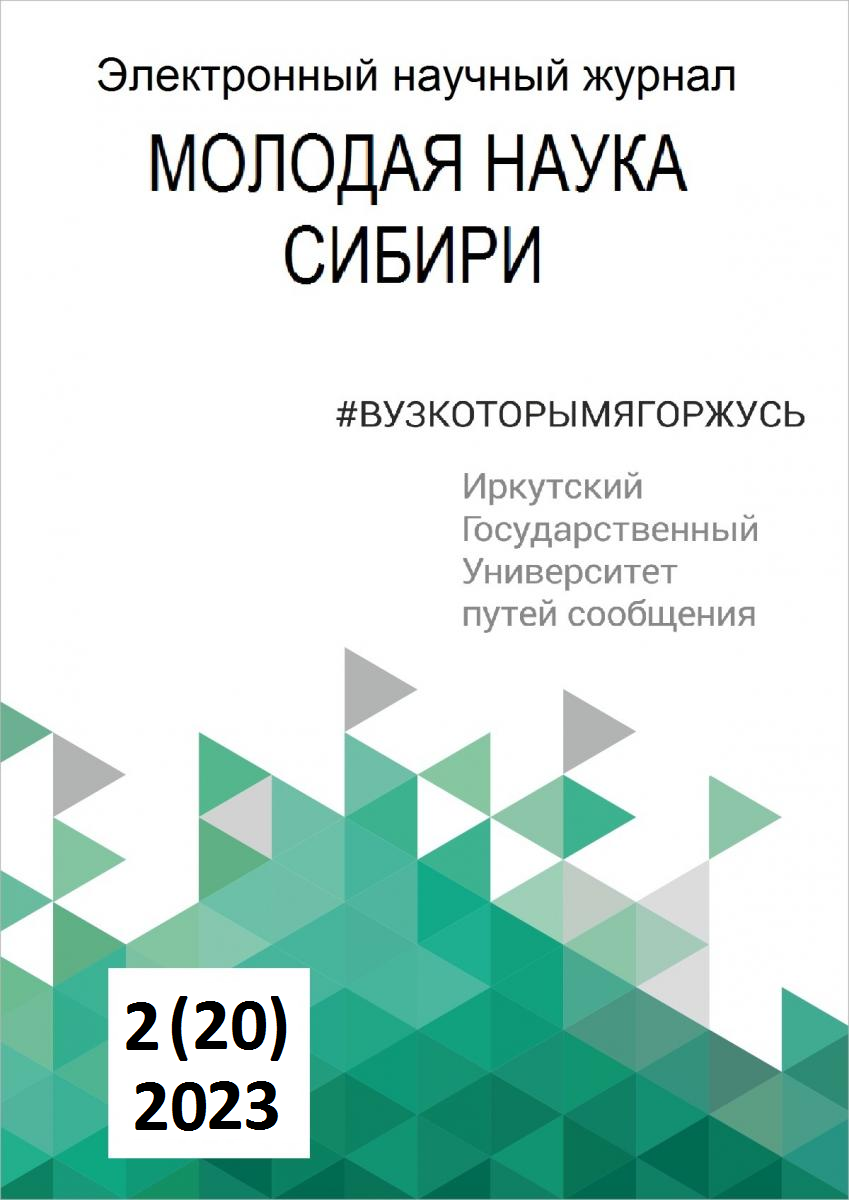COMMUNICATIVE SITUATION OF CANCEL CULTURE
Keywords:
cancel culture, discourse practice, communicative situation, communicative environment, quasi-cultureAbstract
The term "cancel culture" is used to mean a tendency in society to cancel, reject or prohibit statements, actions or ideas that do not meet certain social or political norms. This culture is common in the modern Western world and is used to describe a wide range of phenomena from censorship and boycotts to social isolation and dismissal. It is often perceived as a manifestation of political correctness and extreme left-wing activism, which provokes protests among those who call for freedom of speech and ideological discussions. This practice also penetrated the Russian linguosocium. The author interprets the cancel culture as a discursive practice that can perform various functions, for example, serve as a tool for social control and manipulation, expression of individual and collective identities, description and interpretation of objects and phenomena of social life. It is proposed the idea about possible influence of the studied speech practice on the language environment. The purpose of the article is to characterize the communicative situation of manifestation of cancellation. To realize the goal, the semantic-stylistic aspect of language means was involved in situations of direct or indirect expression of cancellation. The article attempted to give a linguistic description of this phenomenon using special methods for modeling a communicative situation. As a scientific tool, methods of linguistic analysis were used - a complex method of communicative situation analysis, a contextual and situational analysis, as well as interpretation and comparison. The concepts of cancel culture, communicative space and communicative situation are being clarified. As a result of the analysis, the author concludes that the communicative situation of cancellation includes actors of communication, an obligatory element in the form of personality, value, tradition and represents both indirect communication and communication with delayed interaction.
References
Бойко А.В. Девиантологический потенциал «культуры отмены» // Таврические студии. 2021. № 28. С. 4-8.
Гончарова Л.М. Агрессивная коммуникация: новые языковые реалии в современном мире // Научные исследования и разработки. Современная коммуникативистика. 2018. Том 7 (4). С. 305-308
Баребина Н.С. Моделирование категории рациональности критики в культуре отмены // Мир науки. Социология, филология, культурология. 2022. Т. 13. № 3
Почепцов Г.Г. Теория коммуникации. М.: Рефл-бук, К.: Ваклер. 2001. 656 с.
Стернин И.А. Анализ коммуникативных ситуаций. Изд.2, испр. и доп. Воронеж: «Истоки», 2013. 50 с.
Картинка дня... В Москве достойно ответили Лайме Вайкуле. URL: https://logograd.livejournal.com/2691554.html (дата обращения 04.05.2023)
Жителям США предложили заменить пасхальные яйца на картофель URL: https://aif.ru/money/economy/zhitelyam_ssha_predlozhili_zamenit_pashalnye_yayca_na_kartofel_iz-za_cen (дата обращения 04.05.2023)


